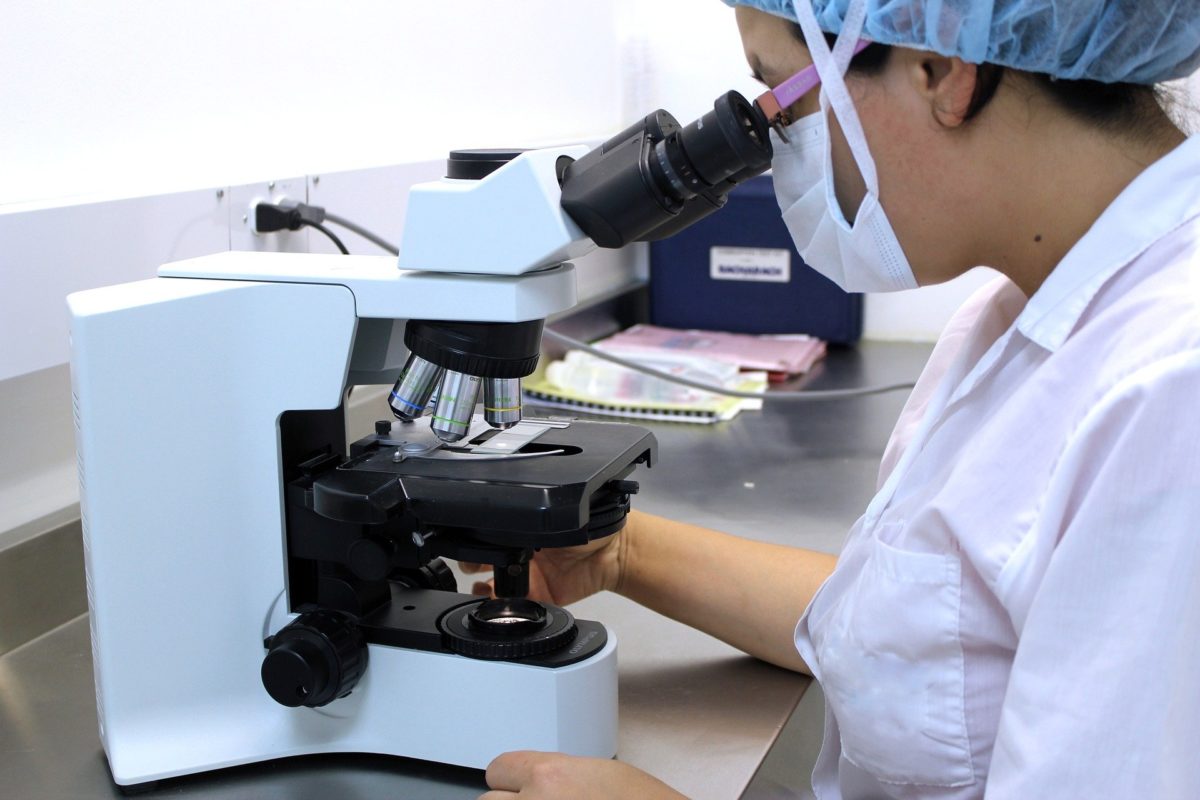Climate Change Minister James Shaw told Parliament this week he supports the use of all scientific technologies to tackle climate change “that do not themselves also cause harm in other ways”.
He was being questioned by National’s science spokeswoman, Dr Parmjeet Parmar, who was aiming to tease out his position on genetic modification.
Just because something is scientifically possible doesn’t always make it a good idea, he said.
There could be economic or brand risks or ethical risks.
He referenced dicyandiamide (DCD), which was added to milk, then had huge consequences in important export markets.
“The previous Government’s mishandling of the DCD issue led to significant damage to New Zealand’s brand overseas and a reduction in the value of our exports. This Government has learnt from the mistakes of the previous Government,” Mr Shaw said .
With her next question, Dr Parmar brought GM into considerations:
“Does he agree with Mia Sutherland, a Christchurch high school student and organiser of School Strike 4 Climate New Zealand, who says we need to reform the law about genetically modified organisms if we are serious about reducing our carbon emissions?”
Mr Shaw referred Dr Parmar to the the advice of the Prime Minister’s Chief Science Advisor, who recently said that whether New Zealand is GM-free or not is a debate about New Zealand’s identity and international branding.
“This is a trade argument which has little to do with the science. It may be that there is a GM-, GE-free branding advantage for some exporters. It may also be that this advantage is short-lived, as the conversation moves forward internationally. There is a lack of evidence either way. These, however, are not science arguments, and need to take place in the context of mixed and shifting international regulations and consumer demands.”
Dr Parmar raised a point of order, contending she had specifically asked if the Minister agreed with Mia Sutherland.
Trevor Mallard, the Speaker, advised her Mr Shaw had given her “an extensive answer”.
Dr Parmar followed up:
“Does he accept that if New Zealand had more permissive biotechnology laws, then we would be able to reduce our climate emissions faster and at a lower economic cost?”
Hansard records the reply and the Speaker’s intervention.
Hon JAMES SHAW: Actually, the Biological Emissions Reference Group that the previous Government set up had a high degree of confidence that, based on existing technologies, we could reduce biological emissions by between 10 and 21 percent in the next 10 years, by 2030; and by 22 to 48 percent by 2050. The modelling stated that there was a medium to high confidence that a methane inhibitor for grazing systems can deliver a 10 to 30 percent reduction in biogenic methane by 2030—high confidence that that would be available for a 30 to 50 percent reduction by 2050. That’s a non-GE solution. There was low confidence that a methane reduction would be available by 2030, but high confidence that it would be available by 2050. There are many options. I have to actually just remember that not only was the Biological Emissions Reference Group set up by the previous Government and reported back but also it was an industry group reporting on the technologies that were available under that industry. Technologies, for example, that are currently being pursued through the New Zealand Agricultural Greenhouse Gas Research Centre, the Global Research Alliance, which that Government set up, include—
SPEAKER: Order! Order! There’s generally quite a lot of latitude, when it’s an Opposition question, to reply, but I think the Minister has gone on for too long.
Dr Parmar asked if the Minister would support National’s proposal to update the country’s laws
… so that proven technologies such as a strain of ryegrass that has the potential to reduce methane emissions by 23 percent can be field-trialled in New Zealand and used by our farmers?
Hon JAMES SHAW: I’m actually not the Minister responsible for genetic modification regulations, but, for her interest, I have been advised by scientists that recent trials of high metabolisable energy (HME) ryegrass …. were inconclusive and scientists won’t know whether it will work to reduce emissions for at least another two years.
He cautioned Dr Parmar of “the debacle around what happened with DCD” and reiterated that
… we have to be very cautious that just because something may be scientifically valid doesn’t make it a good idea. We have to be very cautious about introducing technologies that could reduce the value of our exports whilst we’re actually doing something to try and increase the value of our exports. The member should be very aware of the law of unintended consequences.
Deputy Prime Minister Winston Peters joked:
“So is that to confirm that in terms of agrarian science and grass growth and all the mixture of food products you might use for animals, we shouldn’t clutch at straws?
Hon JAMES SHAW: It does mean that. The issue here is that whilst something may be scientifically valid, you have to be aware that there may be consequences from using it. The people who are clutching at the straw of GM ryegrass are suggesting that this is the silver bullet that’s going to solve all of our problems, and they’re ignoring all of the other existing technologies that can achieve the same result. They’re also talking about introducing a risk that “Brand New Zealand” could be devalued and the value of our exports could be devalued, even whilst they’re grasping at this magic technology that doesn’t exist yet.
Dr Parmar’s final question was:
Is the real reason the Government has not done anything so far to reform New Zealand’s outdated biotechnology laws because of the ideological and anti-science opposition by Green Party MPs?
The Speaker ruled this out of order because the Minister had made clear this was not an area of his responsibility.
Source: Hansard












